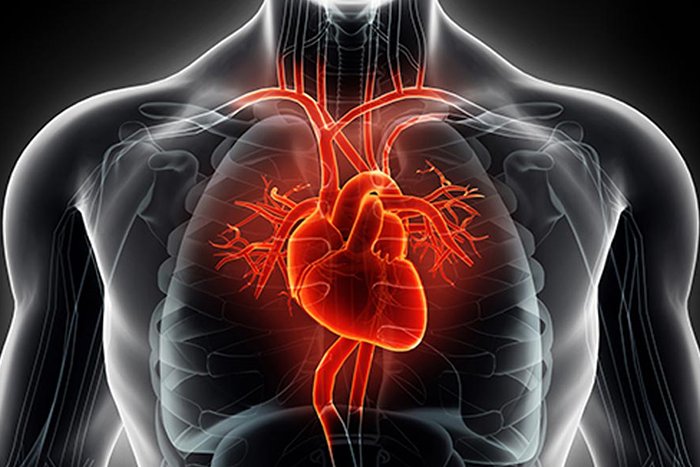Heart failure (HF) is not an isolated pathological diagnosis but a clinical syndrome consisting of symptoms and signs caused by inadequate cardiac output and/or elevated intracardiac pressures. It most commonly presents as a breathlessness, fatigue or ankle swelling. However, the clinical presentation can be variable. The aetiology of HF is complex and varies depending on geographical location with coronary artery disease and hypertension being the leading causes in developed countries.[i] Despite huge advances in diagnostic and treatment options the morbidity and mortality remain incredibly high and can be compared to common types of cancer in both men and women.[ii]
HF has been designated as an emerging world-wide epidemic in 1997 and remains a major health problem since.[iii] It is estimated that 0.4–2.2% of the population in industrialized countries suffers from heart failure – that is more than 10 million patients in EU and 6.5 million in the US. Even though the age-adjusted incidence is decreasing in developed countries mainly due to improved management of cardiovascular diseases the overall incidence is increasing alarmingly with more than 500,000 – 600,000 cases diagnosed each. i [iv]
HF is not only a medical problem but represents also an immense economic burden. 1–2% of total healthcare expenditure in developed countries is spent on heart failure.[v] In the US the cost of HF treatment is expected to be at least $70 billion per year by 2030, with the total cost of caring for HF patients approaching $160 billion.[vi]
HF patients are hospitalized at least once a year on average after the initial diagnosis and even more often in patients with concomitant risk factors such as diabetes mellitus, obesity, or atrial fibrillation. Moreover, the total number of hospitalizations is expected to increase by as much as 50% in the upcoming decades mainly due to ageing, population growth and higher prevalence of comorbidities. [i]
Research shows that the emerging world of digital medicine, telemedicine and precise medicine can provided the answers to these long-standing problems. i [vii] [viii] [ix] The ability to monitor HF patients at home, adjust their therapy remotely and predict and prevent deterioration of their disease would be ground-braking improvement for their quality of life and survival, as well as a great relief to the medical system which is very often operating on the edge of its possibilities.
[i] McDonagh, Theresa A., et al. "2021 ESC Guidelines for the diagnosis and treatment of acute and chronic heart failure: Developed by the Task Force for the diagnosis and treatment of acute and chronic heart failure of the European Society of Cardiology (ESC) With the special contribution of the Heart Failure Association (HFA) of the ESC." European heart journal42.36 (2021): 3599-3726.
[ii] Mamas, Mamas A., et al. "Do patients have worse outcomes in heart failure than in cancer? A primary care‐based cohort study with 10‐year follow‐up in Scotland." European journal of heart failure 19.9 (2017): 1095-1104.
[iii] Roger, Véronique L. "Epidemiology of heart failure: a contemporary perspective." Circulation research 128.10 (2021): 1421-1434.
[iv] Lesyuk, Wladimir, Christine Kriza, and Peter Kolominsky-Rabas. "Cost-of-illness studies in heart failure: a systematic review 2004–2016." BMC cardiovascular disorders 18.1 (2018): 1-11.
[v] Hessel, Franz P. "Overview of the socio-economic consequences of heart failure." Cardiovascular Diagnosis and Therapy 11.1 (2021): 254.
[vi] Heidenreich, Paul A., et al. "Forecasting the impact of heart failure in the United States: a policy statement from the American Heart Association." Circulation: Heart Failure 6.3 (2013): 606-619.
[vii] Weldy, Chad S., and Euan A. Ashley. "Towards precision medicine in heart failure." Nature Reviews Cardiology 18.11 (2021): 745-762.
[viii] Kuan, Pei Xuan, et al. "Efficacy of telemedicine for the management of cardiovascular disease: a systematic review and meta-analysis." The Lancet Digital Health 4.9 (2022): e676-e691.
[ix] Leclercq, Christophe, et al. "Wearables, telemedicine, and artificial intelligence in arrhythmias and heart failure: Proceedings of the European Society of Cardiology: Cardiovascular Round Table." EP Europace (2022).
